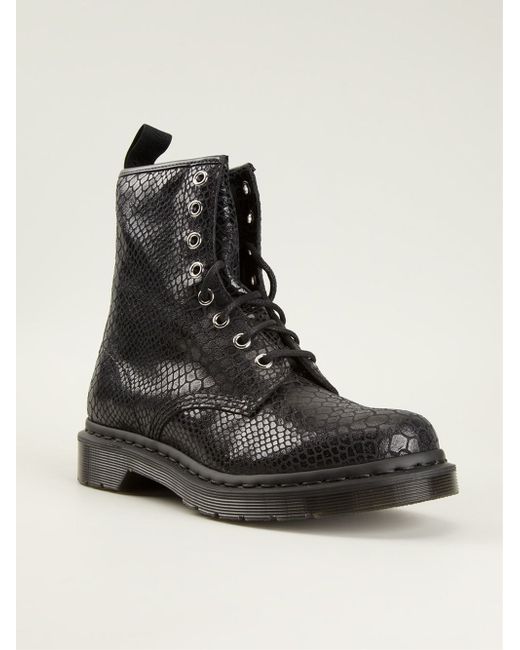
Stiefeletten DEEZEE | JointemsprotocolsShops - H021201 - nike sphere element tokyo para mujer long sleeve camiseta de running - Boots - adidas Originals Team Court Sneakers i sort - Damenschuhe - 01 Purple

DR. MARTENS-KENSINGTON FLORA Schlangenleder Print grau blau weiß Chelsea Stiefel UK 9 EUR 93,15 - PicClick DE

Simmi London Exclusive Tae black lace up flat boots | Black lace up flats, Flat boots, Boot shoes women

Friendshipgoals // Streetstyle // Schlangenleder Boots // Dr. Martens // schwarze Jeans // Fake Fur Jacke // weisser Mantel // … | Winter jackets, Fashion, Outfits

Original Doc Martens Schlangenleder Optik weinrot Gr.37 wie neu in Nordrhein-Westfalen - Lüdinghausen | eBay Kleinanzeigen

Original Doc Martens Schlangenleder Optik weinrot Gr.37 wie neu in Nordrhein-Westfalen - Lüdinghausen | eBay Kleinanzeigen



















